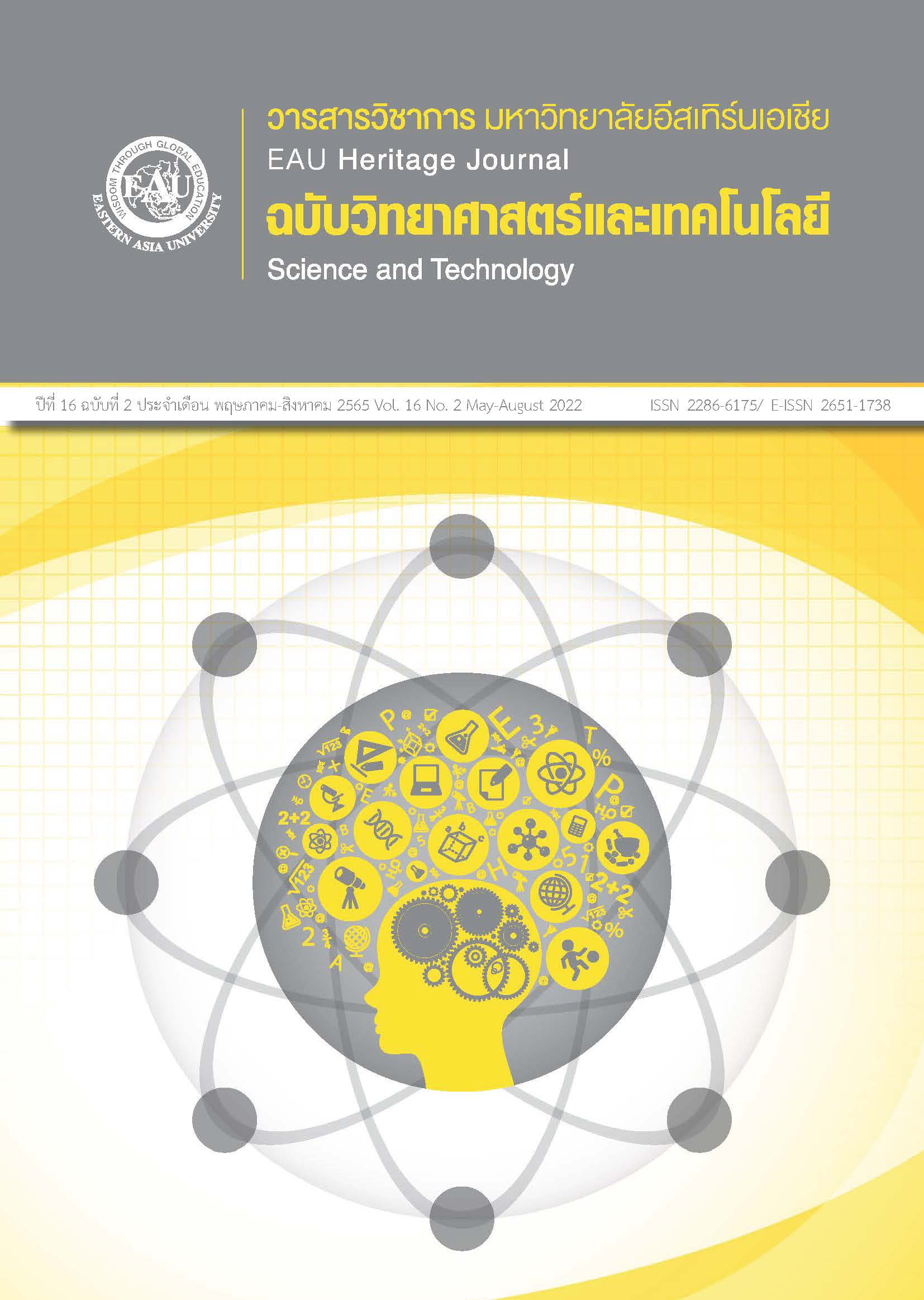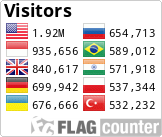ประสบการณ์การดูแลตนเองตามการรับรู้ของผู้ป่วยเบาหวานชนิดที่ 2 ที่ไม่สามารถควบคุมระดับน้ำตาลในเลือดได้
คำสำคัญ:
การดูแลตนเอง, การรับรู้, ผู้ป่วยเบาหวานชนิดที่ 2 ที่ควบคุมระดับน้ำตาลในเลือดไม่ได้บทคัดย่อ
การวิจัยครั้งนี้เป็นการวิจัยเชิงคุณภาพ เพื่อศึกษาประสบการณ์การดูแลตนเองตามการรับรู้ของผู้ป่วยเบาหวานชนิดที่ 2 ที่ไม่สามารถควบคุมระดับน้ำตาลในเลือดได้ ผู้ให้ข้อมูลเป็นผู้ป่วยเบาหวานชนิดที่ 2 ที่มาตรวจรักษาที่แผนกผู้ป่วยนอกอายุกรรม โรงพยาบาลชินเขต กรุงเทพมหานคร และไม่สามารถควบคุมระดับน้ำตาลในเลือดได้ จำนวน 26 คน เครื่องมือการวิจัย ประกอบด้วย แบบสอบถามข้อมูลส่วนบุคคลและภาวะสุขภาพ แบบสัมภาษณ์ประสบการณ์การดูแลตนเองตามการรับรู้ของผู้ป่วยเบาหวานชนิดที่ 2 ที่ไม่สามารถควบคุมระดับน้ำตาลในเลือดได้ และทำการสัมภาษณ์เชิงลึกรายบุคคลร่วมกับการบันทึกเทป เก็บรวบรวมข้อมูลในช่วงเดือนมีนาคม 2563 ถึงเดือน มีนาคม 2564 วิเคราะห์ข้อมูลด้วยสถิติความถี่ ร้อยละ ค่าเฉลี่ย ส่วนเบี่ยงเบนมาตรฐาน และการวิเคราะห์เนื้อหา ผลการวิจัย พบว่า ผู้ให้ข้อมูลมีพฤติกรรมที่ส่งผลทำให้ไม่สามารถควบคุมระดับน้ำตาลในเลือดได้ 5 ประเด็นหลัก ได้แก่ (1) พฤติกรรมการรับประทานอาหาร เช่น อาหารรสหวานและรสเค็มจัด (2) ขาดการออกกำลังกายหรือออกกำลังกายไม่เพียงพอ (3) การรับประทานยาไม่ต่อเนื่อง โดยลืมรับประทานยาบ่อยครั้ง (4) ไม่มาตรวจตามนัด โดยไม่อยากมาตรวจตามนัด และลืมมาตรวจตามนัด (5) ภาวะเครียด มีสาเหตุจากการเจ็บป่วยด้วยโรคเรื้อรัง เช่น เบาหวาน ความดันโลหิตสูง ไขมันในเลือดสูง และกลัวภาวะแทรกซ้อนของโรคที่รุนแรง ดังนั้นพยาบาลจึงควรส่งเสริมพฤติกรรมการดูแลตนเองของผู้ป่วยโรคเบาหวานชนิดที่ 2 ที่ไม่สามารถควบคุมระดับน้ำตาลในเลือดได้ ร่วมกับผู้ดูแล/ครอบครัว เพื่อส่งเสริมให้ผู้ป่วยสามารถควบคุมระดับน้ำตาลในเลือดได้ และไม่เกิดภาวะแทรกซ้อนที่รุนแรงในอนาคต
เอกสารอ้างอิง
Chirawatkul, S. (2012). Qualitative study in nursing (3rd ed). Bangkok: Wittayaphat. (in Thai)
Chinnakhet Hospital. (2020). Medical record of Chinnakhet Hospital (Record report). Retrieved from http://www.dop.go.th/download/knowledge/knowledge_th_2425501523254_2.pdf. (in Thai)
Colaizzi, P. F. (1978). Psychological research as the phenomenologist views it. In R.S Valle & M. King (Eds.), Existential-phenomenological alternatives for psychology (p.6). English: Oxford University Press.
Diabetes Association of Thailand Under The Patronage of Her Royal Highness Princess Maha Chakri Sirindhon. (2021). Diabetes and Hypertension Statistic in Thailand. Retrieved from http://phrae.prdnorth.in.th/ct/news/viewnews.php?ID=1406031339263. (in Thai)
Duangsanjun, W., Sangsuwan, T., & Poncumhak, P. (2021). Perceived behavioral control and food consumption behaviors among older persons with uncontrolled diabetes. Regional Health Promotion Center 9 Journal, 15(38), 428-442. (in Thai)
Hayeepachi, N., & Pouyfung, P. (2019). Effective factors associated with controlling blood sugar among Diabetes Mellitus type 2 patients on follow-up at Medical Division, Chiang Rai Municipality. Journal of Nursing, Public Health, and Education, 20(3), 83-93. (in Thai)
International Diabetes Federation. (2019). IDF diabetes atlas (7th ed.). Retrieved from https://www.idf.org/aboutdiabetes/what-is-diabetes.html.
Kaiwikaikoson, A., Wancha, A., Kaewsasr, A., & Kuariyakul, A. (2019). Stress management of patients with diabetes in Thailand: A systematic review. Boromarajonani College of Nursing, Uttaradit Journal, 10(2), 1-16. (in Thai)
Kamsom, S., Terathongkum, S., & Kittipimpanon, K. (2017). Effects of arm swing exercise program on HbA1C and nutritional status in community dwelling older adults with type 2 diabetes. Thai Journal of Nursing and Midwifery Practice, 4(2), 46-60. (in Thai)
Kanglee, K., (2018). Factors predicting medication use behaviors of patients with type 2 Diabetes Mellitus at Phramongkutklao Hospital. Journal of The Royal Thai Army Nurses, 19(2), 170-182. (in Thai)
Kawitu, K., & Mattavangkul, C., (2019). Factors associated with blood sugar controlling among the elderly with diabetes, living in communities nearby Siam University, Journal of Nursing, Siam University, 20(38), 82-95. (in Thai)
Meenon, T., & Kitreerawutiwong, N. (2019). Factors predicting medication taking behavior among type 2 diabetic patients. Nursing Journal of the Ministry of Public Health, 2(3), 50-60. (in Thai)
Ministry of Public Health. (2019). Public health statistic A.D. 2019. Retrieved from https://www.m-society.go.th/article_attach/18527/20347.pdf. (in Thai)
Nongnuch, W. (2021). Effect of health care program on new Diabetic Mellitus Type 2 on health literacy, health care behavior and Hemoglobin A1c (HbA1c). Journal of Research and Health Innovative Development, 2(1), 29-36. (in Thai)
Phaitrakoon, J., Rassameepong, S., Phansawa, K., Pimtakrong, S., Norapan, B., Siriviriyapat, P., Kenkran, M., Samranbamrung, W., & Watanapanyasakul, R. (2018). Factors correlated with stress of patients with Diabetes Mellitus type 2 in Princess Maha Chakri Sirindhorn Medical Center, Ongkharak, Nakhonnayok Province. Nursing Journal of the Ministry of Public Health, 12(3), 21-31. (in Thai)
Piwnuan, J., & Netrin, P. (2018). Self-care behaviors of patients with uncontrolled DM at Bangkaewnai Sub-district Health Promoting Hospital, La-Un district, Ranong Province. Journal of Prachomkloa College of Nursing, Phetchaburi Province, 1(2), 46-61. (in Thai)
Sangsawang, D., Palitnonkert, A., & Ngamkham, N. (2018). Factors affect behaviors to reduce blood sugar levels of diabetic patients in Bangpoomai Tambon Health Promating Hospital, Samutprakarn Province. Valaya Alongkorn Review (Humanities and Social Science), 8(1), 103-117. (in Thai)
Srathong, P., Oumtanee, A., & Navicharern, R. (2015). Self-management in patients with diabetes mellitus for effectively controlling blood sugar: A qualitative study. Journal of Health Research, 29(2), 79-84. (in Thai)
Tiyawisutsr, C., Chaisa, P., & Wanchai, A. (2018). Exercise to control blood sugar levels of Patients with type 2diabetes in Thailand: A Systematic Review. Nursing Public Health and Education Journal, 19(2), 39-46. (in Thai)
Wandao, Y., Chinnawong, T., Chalothorn, U., & Tipwong, A. (2018). The experience of self-management in patients with uncontrolled type 2 diabetes, Sadao Hospital, Sadao, Songkhla. Songklanagarind Journal of Nursing, 38(3), 54-64. (in thai).
World Health Organization (WHO). (2018). Global report on diabetes, World Health Organization. Retrieved from http://www.who.int/iris/handle/10665/204871.







